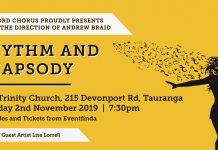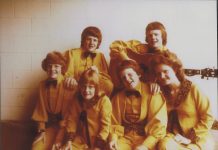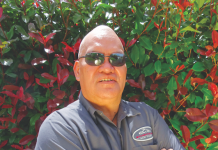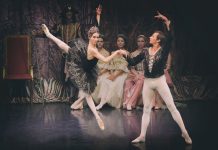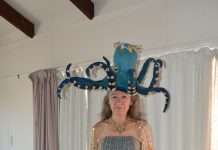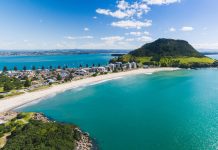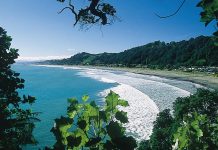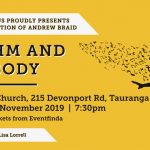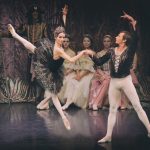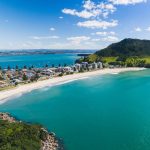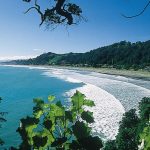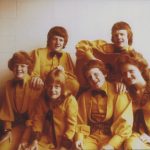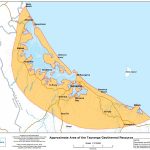Real Ma-ori leadership is
the voice…
not the echo
Only after you have stood and looked loss and defeat directly in the eye, will you find the strength to lead. Defeat is an absolute necessity to find that inner strength to overcome, because it assists in marking the parameters of leadership strength.
Māori leadership
Māori leadership requires knowledge throughout all facets and sectors in our country. It demands that we acknowledge and comprehend Ao Māori, both in the physical realm as well as spiritual through matakite (the ability to see into the future). Matakite is the hope that binds the physical and spiritual worlds for the good of the people. For those who are fortunate enough to lead their iwi, it can be a difficult position to hold as it requires endorsement from one’s people, second-by-second, minute-by-minute, hour-by-hour, and day-by-day.
From battle to diplomacy
Through much of history, Māori leadership has been born out of hardship and war. From leaders such as Peter Buck and Apirana Ngata who fought for the right of Māori to fight in World War I, battlefield leaders of World War II like Peter Awatere and Moana-nui-a-Kiwa Ngarimu, through to more contemporary leaders like Tariana Turia and Te Puea Herangi, Māori leaders have risen in arduous times.
Also interesting are the examples of fearsome fighters such as Tawhiao who, like so many other leaders, started as a warrior of battle and then transitioned to taking a road of diplomacy. Chinese military strategist Sun Tzu referred to the warrior in a garden; ‘It is only after you see the formidable warrior will you understand the politician before you.’
The leadership job
We have things up close we must deal with right now: Our homeless, our unwell, those who live in deprivation and are surviving in unimaginable violence and neglect. As someone in a leadership position, it is my job to ensure my team is focused on those things. We have people who day after day cast themselves into the gritty end of life helping those who have lost the ability to help themselves. I am grateful for these tireless, selfless workers.
But my job as a leader is to also be focused far into the future. We have to form and then articulate over and over a better vision for our people and our country. Leaders are required to form a picture of a future that can inspire others to want to join together to make that picture happen. They then need to form the strategies or maps to allow that inspired group to navigate toward that future. Leaders must have the ability to fight their way through the swamps and over the high mountains to get to the other side. My experience of the practicalities of leadership is that battle is necessary to re-position situations so a better future can be shaped.
We also have to repeat the articulation of that picture of a future for Māori to the wider community so everyone can see how healthier, more capable, more educated, more successful Maori will benefit everyone.
By Paora Stanley, CEO, Ngāi Te Rangi Iwi
I write for Bay Waka because our lives begin to end the day we become silent about the things that really matter (Martin Luther King).



